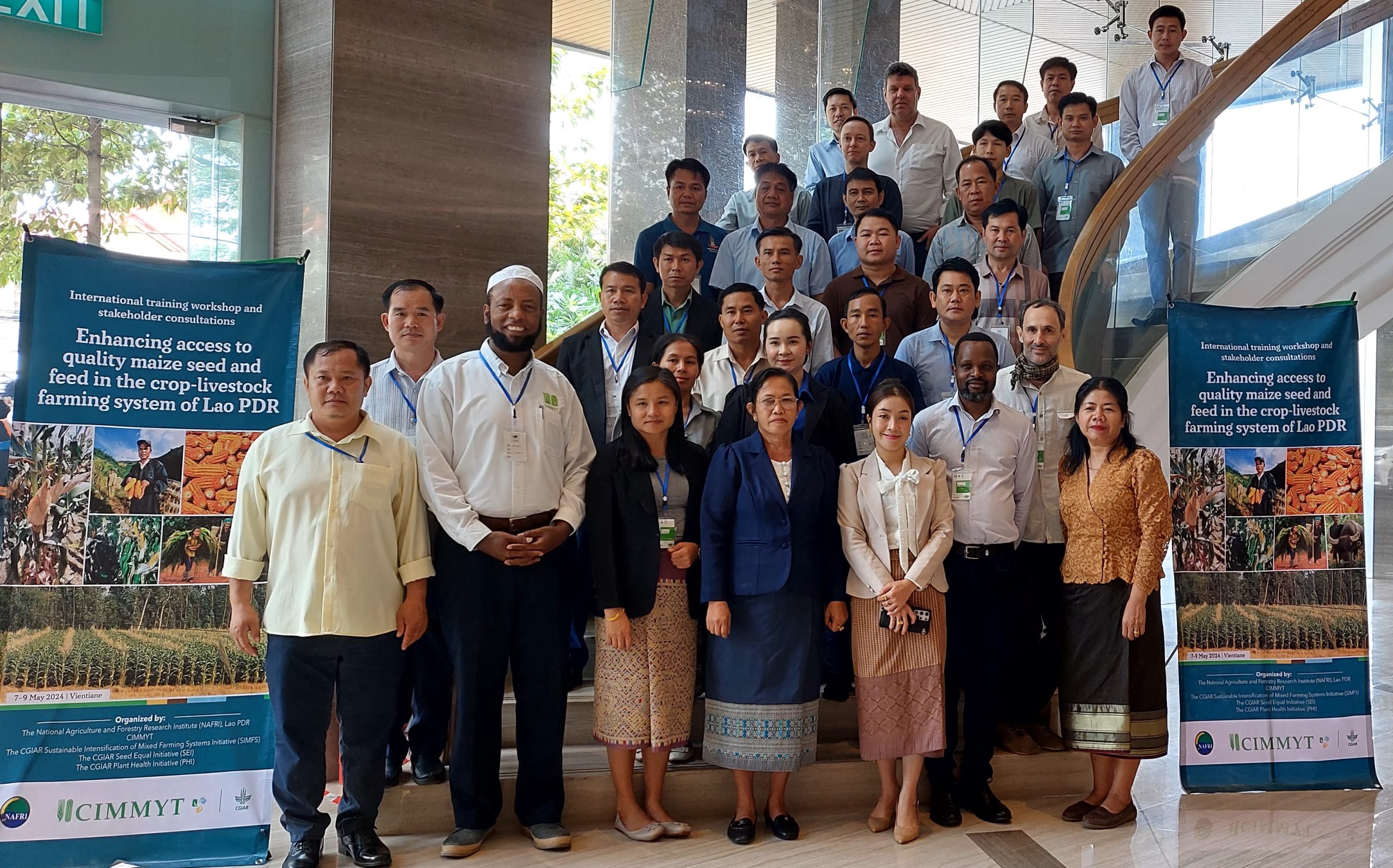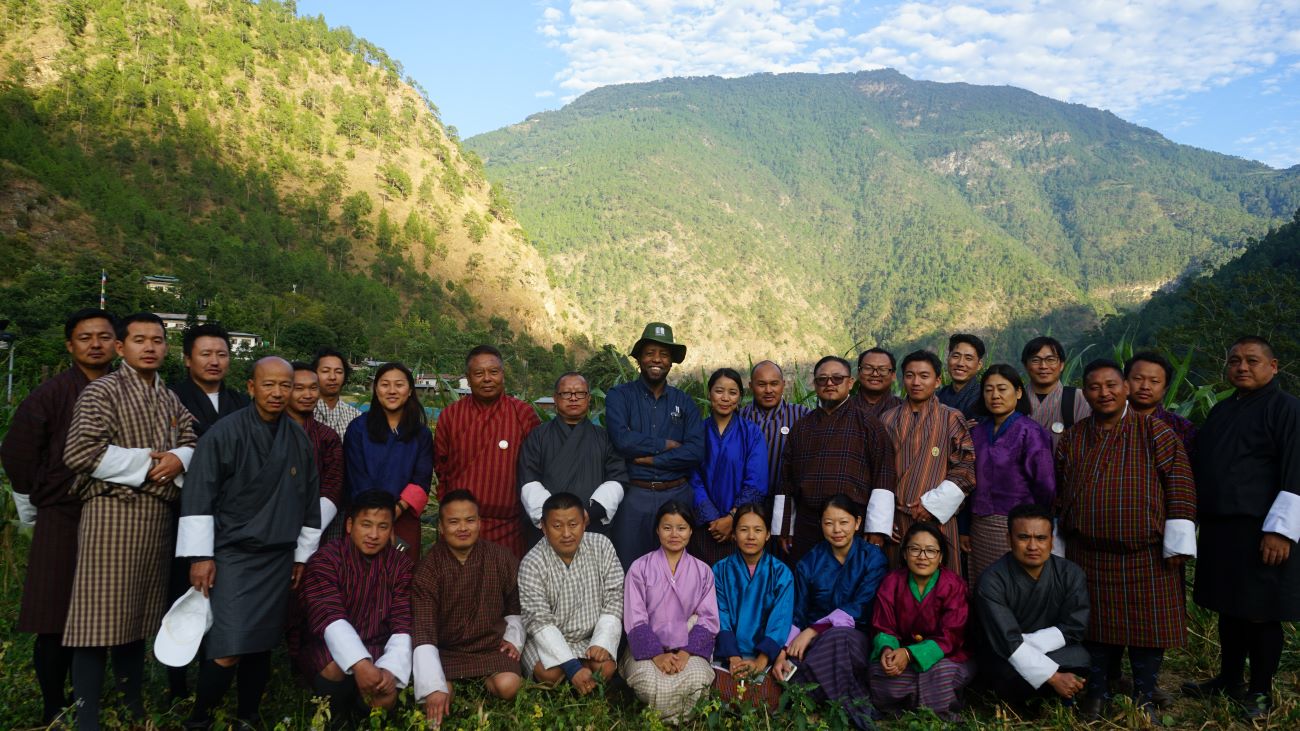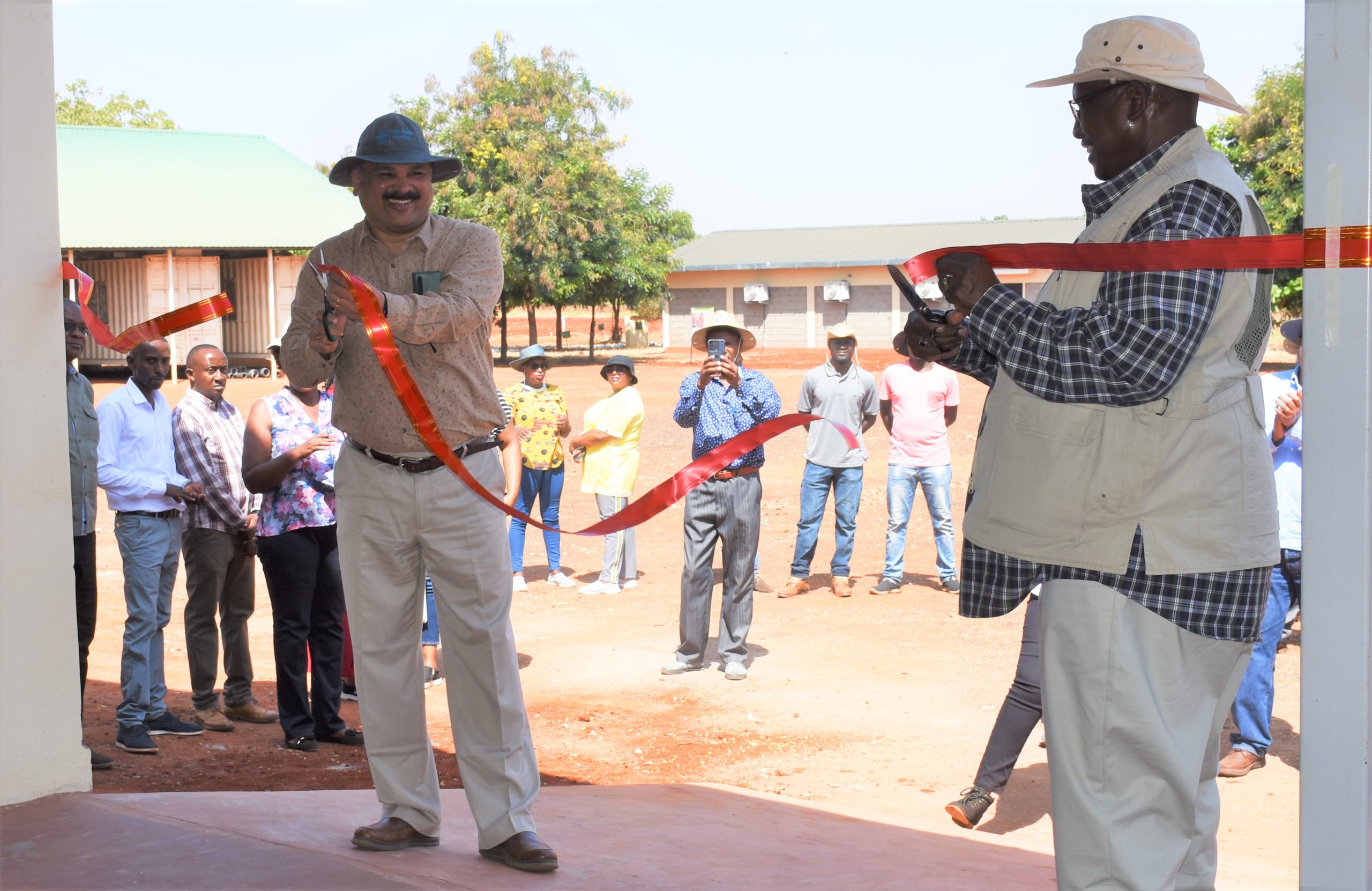Inadequate seed supply and delivery systems, sometimes also misaligned with user and market demand, mean that smallholders often recycle seed or use older varieties, leaving them more vulnerable to pests and diseases. Small-scale farmers, especially women and other disadvantaged groups, are particularly vulnerable to climate-related challenges, such as more frequent and severe droughts and erratic rainfall. Additionally, farmers may not be well informed about varietal options available to them or may be reluctant to experiment with new varieties. These challenges threaten agricultural production and can compromise their ability to meet their own food, nutrition and income needs.
Improved varieties, innovations and approaches developed and promoted by CGIAR and partners could transform agrifood systems and reduce yield gaps, “hunger months” and other disparities. However, limited access to and use of affordable, quality seed of well-adapted varieties with desired traits, means these bottlenecks remain.
This Initiative aims to support the delivery of seed of improved, climate-resilient, market-preferred and nutritious varieties of priority crops, embodying a high rate of genetic gain to farmers, ensuring equitable access for women and other disadvantaged groups.
This objective will be achieved through:
- Supporting demand-driven cereal seed systems for more effective delivery of genetic gains from One CGIAR cereal breeding, as well as improving government, private sector and farmer-based capacity to deliver productive, resilient and preferred varieties to smallholders.
- Boosting legume seed through a demand-led approach that builds on growing demand for grain legumes. This multistakeholder approach will strengthen partnerships to provide efficient, more predictable and demand-led access to quality seed of new varieties.
- Scaling and delivering vegetatively propagated crop seed through sustainable enhanced delivery pathways that efficiently target different market segments and farmer preferences.
- Supporting partnerships (including with smallholders), capacity building and coordination to ensure uptake of public-bred varieties and other innovations by providing technical assistance for national agricultural research and extension systems (NARES) and foundation seed organizations in early-generation seed production and on-farm demonstrations.
- Developing and implementing policies for varietal turnover, seed quality assurance and trade in seeds by leveraging global expertise and experience to generate both the evidence and engagement necessary to advance efficient, sustainable, and inclusive seed markets that promote varietal turnover and wider adoption.
- Scaling equitable access to quality seed and traits in order to reach the unreached and provide inclusive access while addressing gender and social constraints and the digital divide.
Engagement
This Initiative will work in Bangladesh, Ethiopia, India, Kenya, Mozambique, Nepal, Nigeria, Rwanda, Uganda and Tanzania as a priority, followed by other countries in Latin America, South and Southeast Asia and Sub-Saharan Africa.
Outcomes
Proposed 3-year outcomes include:
- Robust tools developed and used by funders, developers, researchers and extension staff to sustainably measure and monitor key seed system metrics.
- Increase of 10% in the quantity of quality seed of improved “best-fit” and farmer-preferred varieties available to farmers in representative crops and geographies due to increased capacity of seed companies and other seed multipliers (including farm-based seed actors).
- Public and private seed enterprises adopting innovative and transformative models for accessing, disseminating and multiplying quality early-generation seed, reducing cost and increasing output.
- Reduction of 5% in weighted average varietal age for priority crops in selected countries.
- Government partners in policy design and implementation actively promote policy solutions to accelerate varietal turnover, adoption and quality seed use.


 Capacity development
Capacity development 
